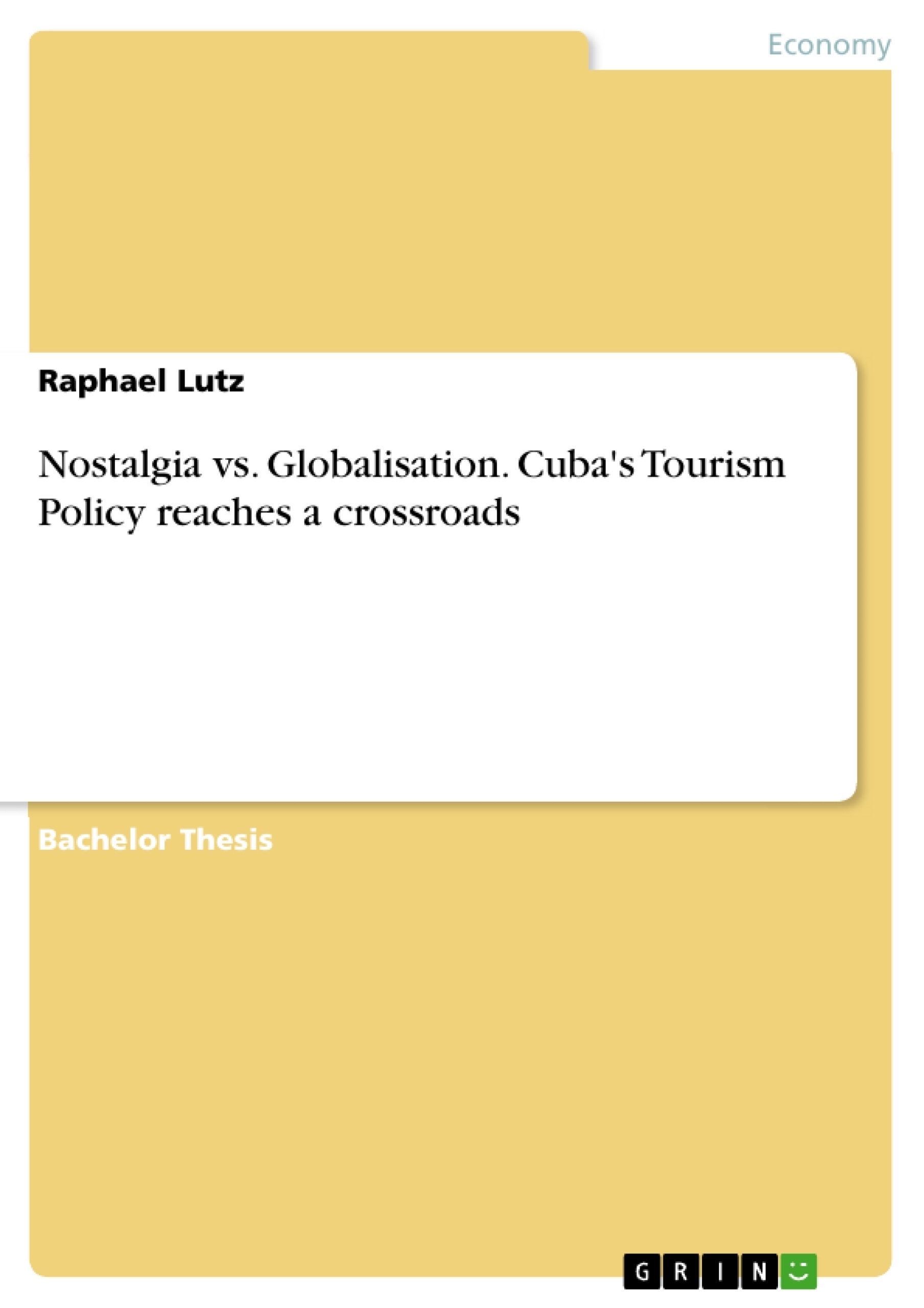Cuba – an island full of contradictions: the people are poor, but happy; the socialist regime takes care of every Cuban, but puts the money into the own pockets while the people have nothing; Fidel Castro once named the tourism as “the evil we have to have” but in fact, tourism became the last resort for the economy of the whole country.
Today, his brother Raul Castro is the face of the “Partido Comunista de Cuba” (PCC), the only party in the socialist country and also President of the country. But concerning the political orientation, nothing's changed – at least de facto. In fact, the change of the political leadership from Fidel to Raul was a signal for the Western societies to start a new dialogue with the isolated country. After Barack Obama's election as President in 2009, both nations showed willingness to approach each other.
The slow but steady reconciliation of the two archenemies was noticed worldwide and led to a further increase of Cuba tourists, especially from Europe, but also more and more from the USA. Due to the great importance of the tourism sector for Cuba, this development seems to be absolutely positive. But the progressive mass tourism creates more and more problems due to a lacking adequate touristic infrastructure. Furthermore, the masses of foreign tourists menace the long-term preservation of Cuba's traditions and identity.
In this thesis, I will analyse Cuba's tourism policy of the past, of the present and possible developments in the future as well as the consequences for the involved actors: the local population, the tourists, the involved foreign and domestic travel companies and the political decision-makers.
Table of Contents
- 1 Introduction
- 2 History of Cuba
- 2.1 Revolution of 1959 and implementation of socialism
- 2.2 Cuba crises of the 1960's and 1990's
- 2.3 Cuba's opening towards the western world
- 3 Cuba's tourism policy in times of socialist rule
- 3.1 Attitude of the socialist regime towards tourism
- 3.2 Dependency of socialist Cuba on tourism
- 3.3 Involvement of local actors in tourism
- 3.4 Ecological aspects of Cuban tourism policy at that time
- 3.5 From the socialist orientation resulting restrictions in tourism
- 4 Impacts of opening up the country on tourism
- 4.1 General developments over the past years
- 4.2 Forms of tourism in Cuba and their meaning for the country
- 4.2.1 Beach holiday
- 4.2.2 Round trips
- 4.2.3 Cruise tourism
- 4.2.4 Alternative Forms of tourism
- 4.3 Chances vs. Risks
- 4.3.1 Risk of loss of identity - How to preserve the socialist attractions
- 4.3.2 Poverty vs. mass tourism - ways to involve the local population in tourism
- 4.3.3 Future projects and Destination Management strategies
- 4.3.4 Crime and sex tourism in Cuba – the negative effects of mass tourism
- 4.3.5 Handling with sociocultural differences between Cubans and tourists
- 4.4 Collaboration between western travel companies, government and population
- 4.5 Implementation of sustainable tourism vs. greed for profit
- 5 Changed perception of the destination Cuba in Germany
- 5.1 Meaning of the destination for German tourists and tour operators
- 5.2 How German tour operators could revise their portfolio for the destination Cuba
- 6 Future of the tourism in Cuba and recommendations for involved actors
Objectives and Key Themes
This Bachelor thesis examines the crossroads that Cuba's tourism policy faces between nostalgia and globalization. It explores the historical context of Cuba's tourism development, the impacts of the country's opening up on tourism, and the changed perception of Cuba as a destination in Germany.
- The historical development of Cuba's tourism policy under socialist rule
- The challenges and opportunities presented by Cuba's opening up to the western world
- The evolving role of tourism in Cuba's economy and society
- The impact of globalization on Cuban culture and identity
- The implications of Cuba's tourism policy for German tourists and tour operators
Chapter Summaries
Chapter 1 introduces the topic of Cuba's tourism policy and its position at the intersection of nostalgia and globalization. Chapter 2 provides a historical overview of Cuba, focusing on the revolution of 1959, the subsequent crises, and the country's recent opening towards the western world. Chapter 3 examines Cuba's tourism policy under socialist rule, exploring the attitude of the regime towards tourism, the country's dependency on the sector, and the involvement of local actors. Chapter 4 delves into the impacts of Cuba's opening up on tourism, analyzing general developments, forms of tourism, and the challenges and opportunities associated with globalization. Chapter 5 focuses on the changed perception of Cuba as a destination in Germany, considering the meaning of Cuba for German tourists and tour operators. Chapter 6 concludes with a discussion of the future of tourism in Cuba and recommendations for involved actors.
Keywords
Cuba, tourism policy, socialism, globalization, nostalgia, destination management, sustainable tourism, cultural identity, economic development, German tourists, tour operators.
Frequently Asked Questions
What is the central conflict in Cuba's tourism policy?
The policy faces a crossroads between preserving socialist "nostalgia" and identity versus the pressures and economic benefits of globalized mass tourism.
How did the transition from Fidel to Raul Castro impact tourism?
The change in leadership signaled a new dialogue with Western societies, leading to a reconciliation with the USA and an increase in international visitors.
What are the risks of mass tourism for Cuba?
Key risks include the loss of cultural identity, inadequate infrastructure to handle masses, and negative social effects like sex tourism and crime.
Does Cuba depend on tourism economically?
Yes, despite ideological reservations, tourism has become the "last resort" for the Cuban economy under the socialist regime.
How is Cuba perceived as a destination in Germany?
The thesis analyzes the meaning of Cuba for German tourists and how German tour operators could adapt their portfolios to meet changing demands.
- Citar trabajo
- Raphael Lutz (Autor), 2016, Nostalgia vs. Globalisation. Cuba's Tourism Policy reaches a crossroads, Múnich, GRIN Verlag, https://www.grin.com/document/341543



